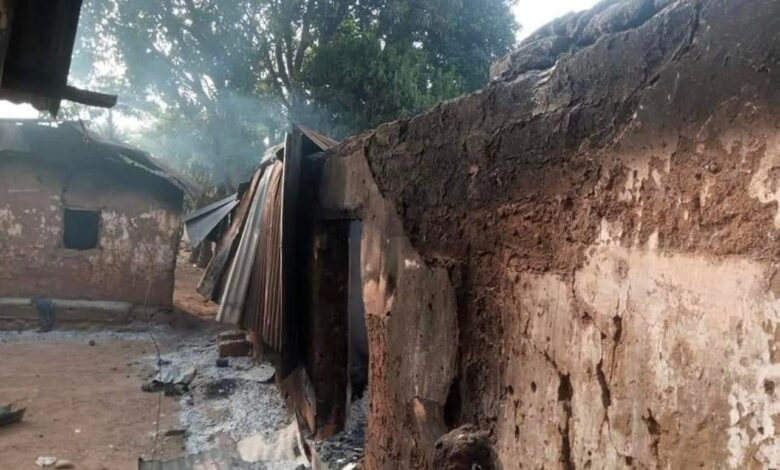Deliberate Destruction Of Homes Should Be A Crime, UN Expert Says
‘Domicide’, the widespread and systematic destruction of civilian homes and infrastructures necessary for survival in conflict, should be recognised as a crime and should not be ignored, a housing rights expert told the United Nations.

The deliberate and vindictive destruction of civilian housing should be recognised as a crime under international law, a housing rights advocate says.
The destruction of homes should be called ‘domicide’, Balakrishnan Rajagopal, United Nations’ Special Rapporteur, told the General Assembly on Friday, Oct. 28.
The international community should stop ignoring widespread and systematic destruction of civilian homes and other civilian infrastructure in conflict.
“Such severe violations of economic, social and cultural rights need to receive more attention by national and international tribunals than other serious human rights violations get, irrespective of where they take place,” Mr Rajagopal said.
He explained that while international law prohibits all forms of deliberate destruction of housing and forced eviction of civilians in conflict settings, an alarming rate of violation of the right to adequate housing continues.
”We need to end impunity for such severe human rights violations,” Mr Rajagopal said, adding that victims of war crimes have the right to adequate housing and must have access to justice, restitution or reparation.
“I have witnessed how in just a few seconds, a home – the culmination of a life-long effort and the pride of entire families – can be wiped out and turned to rubble. Destroyed is not only a home. Destroyed are the savings of entire families. Destroyed are memories and the comfort of belonging. Along with this comes a social and psychological trauma that is difficult to describe or imagine.”
In northwestern Nigeria, the deliberate destruction of homes has become rampant due to the presence of armed groups and terrorists who raze communities and burn down homes and properties. In June, terrorists who invaded Kodi village in Bukuyyum Local Government Area of Zamfara set 23 homes on fire, including shops and silos, in a raid that lasted three days.
The expert, who is also a human rights lawyer in the US, also called on the international community to outlaw the use of explosive weapons with wide-area effects in populated areas through a binding international treaty. “Landmines and cluster ammunition were banned through international agreements. There is no excuse for why states fail to ban the launching of explosive weapons into human settlements that kill and maim hundreds of thousands of civilians every year and destroy housing and other civilian infrastructure necessary for survival,” he said.
Support Our Journalism
There are millions of ordinary people affected by conflict in Africa whose stories are missing in the mainstream media. HumAngle is determined to tell those challenging and under-reported stories, hoping that the people impacted by these conflicts will find the safety and security they deserve.
To ensure that we continue to provide public service coverage, we have a small favour to ask you. We want you to be part of our journalistic endeavour by contributing a token to us.
Your donation will further promote a robust, free, and independent media.
Donate HereStay Closer To The Stories That Matter




